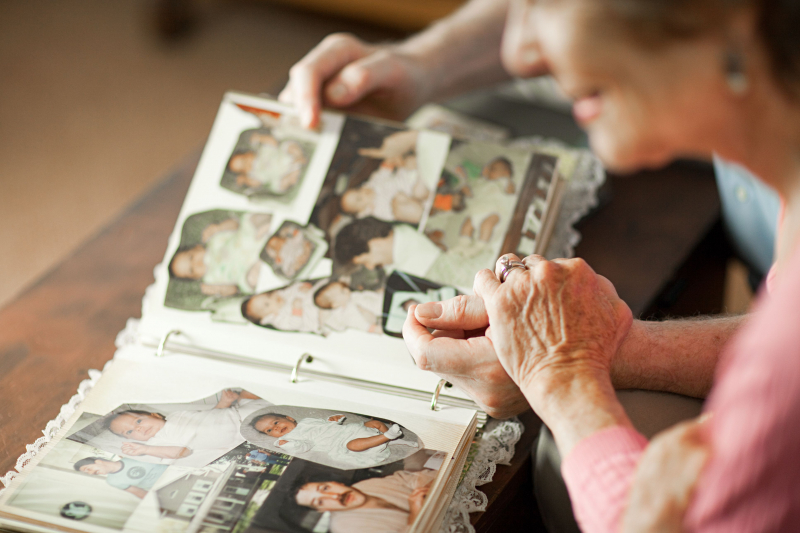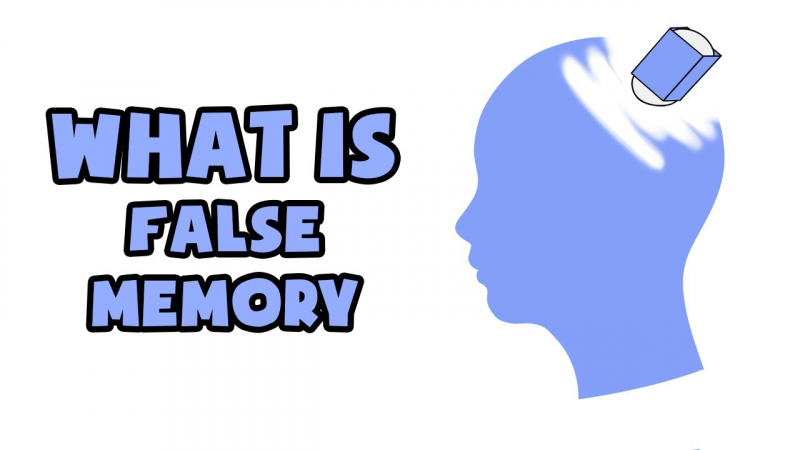Creating False Memories
When the brain lacks all the information, it may produce misleading memories. A study by Australian researchers suggests that the brain can create false memories by updating damaged memories with inaccurate information using behavioral, biochemical, and computational techniques.
Rarely are memories ever exact recalls of the past. It's a really intriguing area of the brain because, despite the fact that we know it takes a lot of guesswork, we still don't fully understand how the brain stores memories. When we recall a memory, the brain often replaces the unnecessary or incomplete sections with new knowledge, giving us a comprehensive, albeit occasionally erroneous, image of the past.
The issue of false recollections frequently arises in law enforcement. Victims of childhood abuse are frequently unable to determine if a repressed, painful memory from the past actually occurred or not. Without supporting evidence, it has been challenging to prosecute the offenders because, according to research, the brain is surprisingly adept at fabricating memories, particularly in situations of trauma, even when the real events were not wholly fake.












